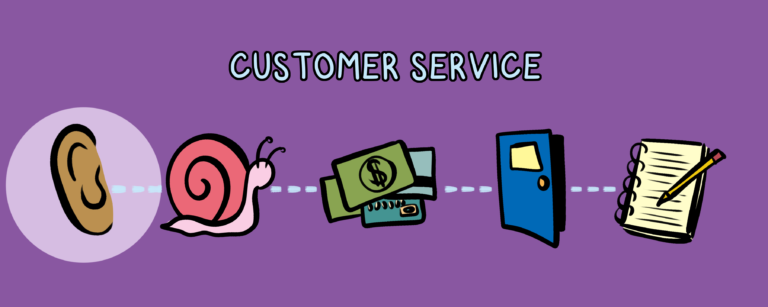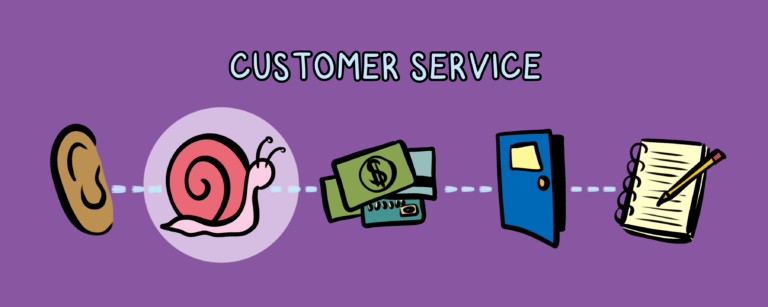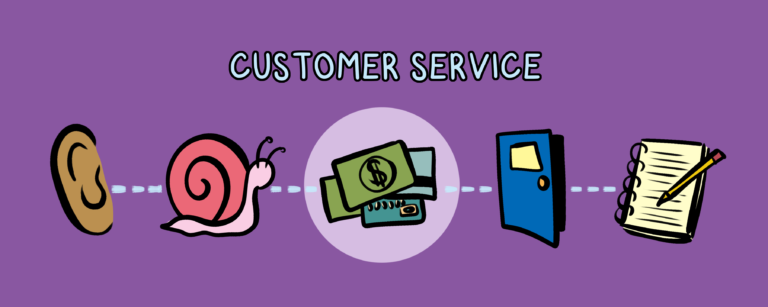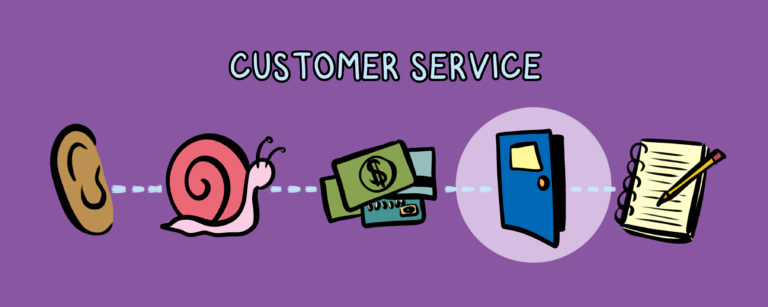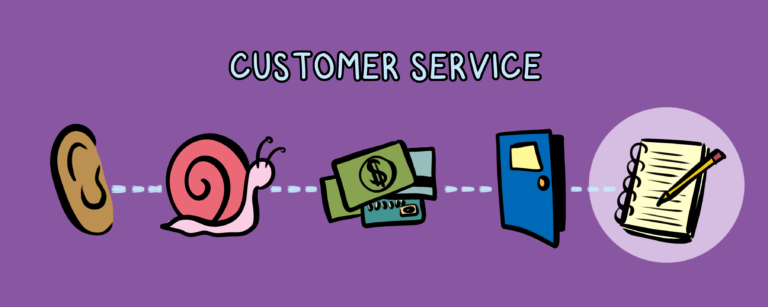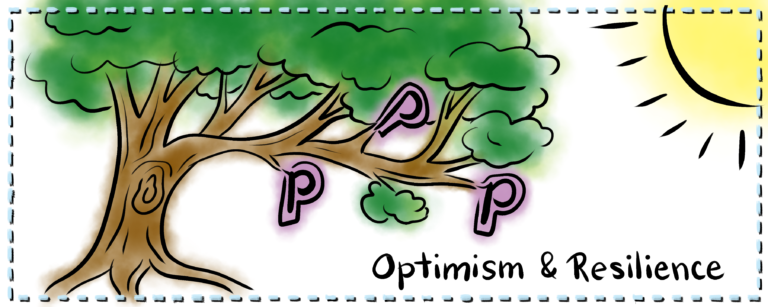Oh, hello. Welcome to the community.
Like so many things in life, social media is a blessing and a curse all wrapped up in a pretty bow. It has changed the University/College experience and the way that we interact. One aspect that I would have never guessed would be impacted is young adults’ ability to make friends in real life.
The difference between five year olds and freshmen
If you have the opportunity to observe young children, you’ll notice that they befriend others easily. Two questions often come up very quickly:
- What’s your name?
- How old are you?
It’s universal. The answers don’t really matter, yet the questions always come up. The questions are the key. The lack of inhibition seems to make it easy to walk up to anyone. I’m not sure when that ease ends and when we start to get nervous about approaching those we don’t know. Social media makes the “approach” easier. You can simply send a friend request and hope for an accept. Acceptance happens instantly, sometimes even when you’ve never met the other individual face-to-face. In person, it’s unlikely you would call someone a friend after one conversation. So when youth come to University or College and have to approach the people on their floor face-to-face, some are unsure what to do. In a world where you haven’t had to ask someone their name since you were in Kindergarten because you’ve always met them through programmed events, many young adults are lacking the experience to make friends. I admit it’s hard to knock on someone’s door, introduce yourself, and start up a conversation. Twenty years ago, you would chat with people as you ate dinner in the Dining Room or waited for class to start. Now, it’s much more comfortable to look at your phone while waiting than strike up a conversation.
Having a friend is critical to a successful transition. A friend provides you with companionship, a listening ear, and someone to force you to take a much needed break from studying. A friend is the person outside your family that shows you compassion, reminds you that you matter and belong here. The RA should be friendly, but not the only friend.
So what do we do?
How to you teach someone how to make a friend, especially if they believe they already know how? Using Schlossberg’s Transition Theory (Evans, 2010), we can consider that the lack of ability to make friends is a non-event (a transition that was expected to happen but didn’t). In my opinion, most students arrive to residence assuming they’ll easily make friends – that is what TV would suggest. I encourage you to work through the four S’s of the theory with the idea of friend-making in mind. There are so many kinds of Residences, so what works for one may not work for the next, and all the strategies are worth trying. Back to the original question – how do we teach someone to make friends? In my opinion, the answer lies in the removal of assumptions. We have assumed for many years that students come to university knowing how to make friends. Think back to the small children and the power of questions. Encouraging the relationship-building conversations from Move-In Day and Orientation. Include tips and strategies in the welcome speech, put up a poster with questions to ask someone you just met, and create a small-scale opportunity where students can practice those skills in the first week (perhaps without even knowing it). Those that have the skills will just tune out the noise, but for those that need it, they’ll appreciate the assistance more than you know.
7 example questions:
- What’s your name?
- What are your pronouns?
- What faculty/program are you in?
- Where do you call home?
- What kind of food do you like?
- What is your favourite/most used app?
- What do you do for fun?
More ideas for friend-making? Post about them on social media with #erezlife and share with the community. And fire me an email with your answers – would love to hear from you!
Thanks for being part of our community. We’re glad you’re here.

